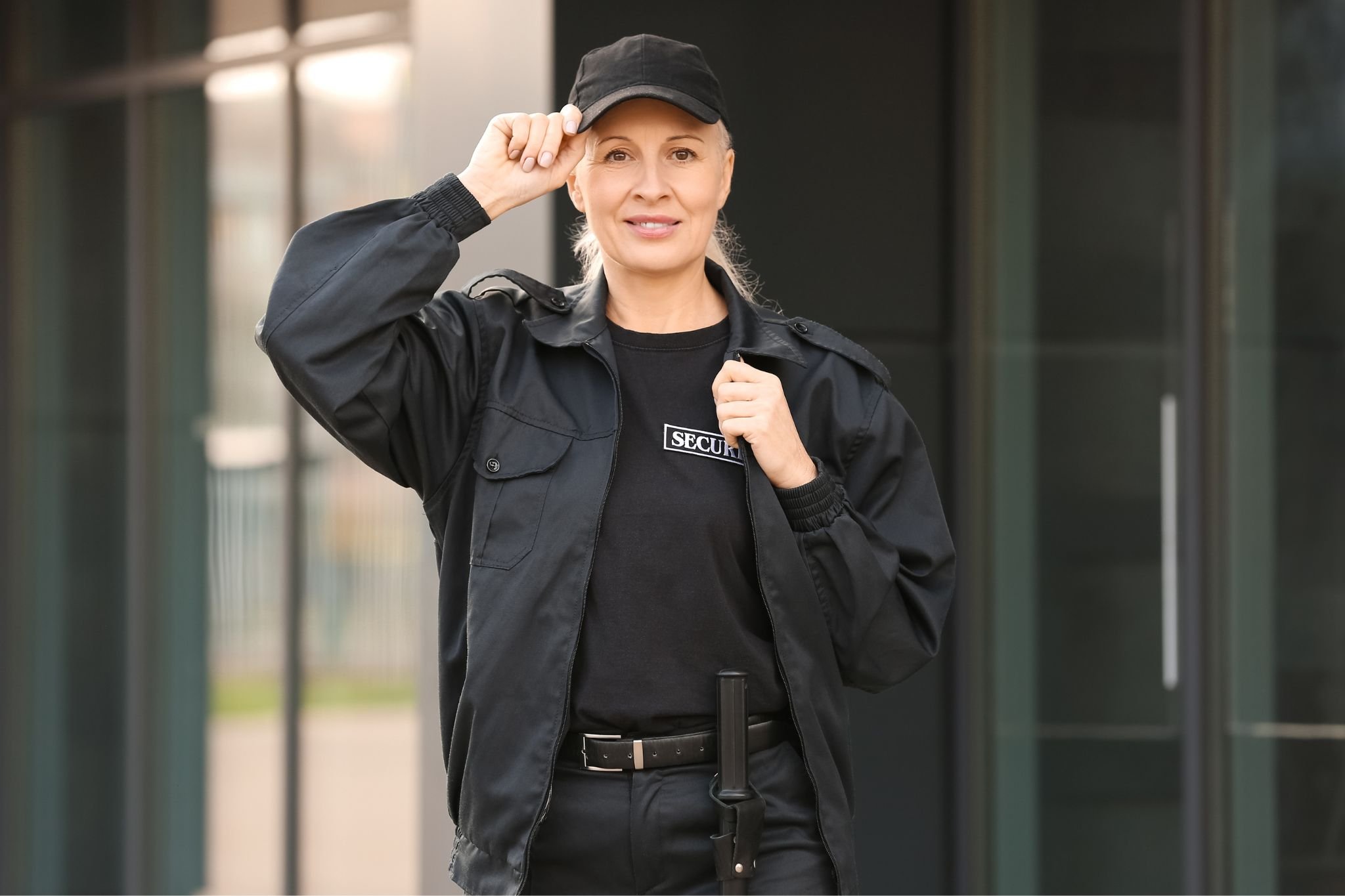Rethinking Security: Why Gender Equality Is Our Strongest Defence
Unrepresented Women
Women remain significantly underrepresented in the UK security industry. Female representation on most security teams sits between 17% and 22%, and the UK itself averages just 17.9%, according to international survey data.[1] Some organisations report numbers as low as 10%, and when we look specifically at SIA licence holders, only 10.23% are women, while their male counterparts make up the overwhelming majority at 87.77%.[2]
This imbalance is not particularly surprising when we remember that the security industry has traditionally been associated with qualities such as physical strength, assertiveness, and strong presence, traits that are often stereotypically linked to men. However, this limited view of the profession no longer reflects the reality of what modern security work requires.
More Than Strength
The world has changed, and the nature of security has changed with it. Modern security is about much more, and “inter-personal skills” are increasingly important in addressing emerging threats. While physical presence still has its place, the ability to communicate effectively, show empathy, resolve conflicts calmly and understand cultural differences is becoming more critical. Multiple studies found that women score higher in emotional intelligence, particularly in areas such as empathy and recognising the emotions of others.[3] Higher emotional intelligence and empathy allow leaders to understand human factors in security threats, anticipate behaviours, and make more nuanced decisions.
Because security professionals are often working with a wide range of stakeholders, from law enforcement and government bodies to businesses and the public, the ability to build trust and maintain relationships has become central to success, and this is exactly the area where women often excel.
Balance Benefits Everyone
The case for gender balance in security is not only about fairness or representation, it’s about the importance of gender-balance in our industry that needs to be recognised as both practical and principled, which ultimately leads to better outcomes. The fact is that a multi-gendered security team can provide better problem solving and decision making, improving team cohesion as well as offering wider representation which then increases public trust.
For a profession which often works directly with the public, a gender-diverse team can better reflect and relate to the communities they serve. When individuals see themselves reflected in the security sector, it can help to build trust and reduce tensions before they escalate – something that’s particularly important in sensitive or high-risk environments where security personnel are often operating. A mixed-gender security workforce is not only more relatable but also more effective, balanced, improves retention and delivers stronger operational performance.
Tackling the Barriers
Despite the benefits, progress has been slow. Barriers such as bias in recruitment and promotion, workplace cultures that do not always feel inclusive and the lack of visible role models or mentors for women continue to discourage female participation.
These challenges can be addressed. Inclusive recruitment, unconscious bias training, supportive workplace cultures and targeted educational encouragement are all practical steps that can make a difference. There’s also an incredible amount of value in cross-sector collaboration between larger and smaller firms to share best practice and resources to achieve lasting change. This doesn’t just widen the talent pool, but has the knock-on effect of improving staff retention by creating a more welcoming, supportive and working environment for everyone.
Building the Future
Gender diversity isn’t just a challenge for the security sector to overcome, but a powerful asset to embrace. Building a smarter, more balanced sector that reflects the society it protects is a move that benefits everybody.
The future of security will belong to teams that are varied, dynamic and inclusive, and the responsibility is on all of us to create the conditions that make that possible. By embracing diversity, removing barriers and fostering inclusive workplaces, the security industry will not only build greater public trust but also strengthen its ability to meet the complex challenges of a rapidly changing world.
[1] Women in Security: Drive for Change - OCS - UK
[2] Fun Facts About SIA Holders - Check out these fun facts - Get Licensed Blog
[3] Multiple studies found women score higher in the interpersonal aspects of emotional intelligence, like empathy, understanding, and recognising others’ emotions.

